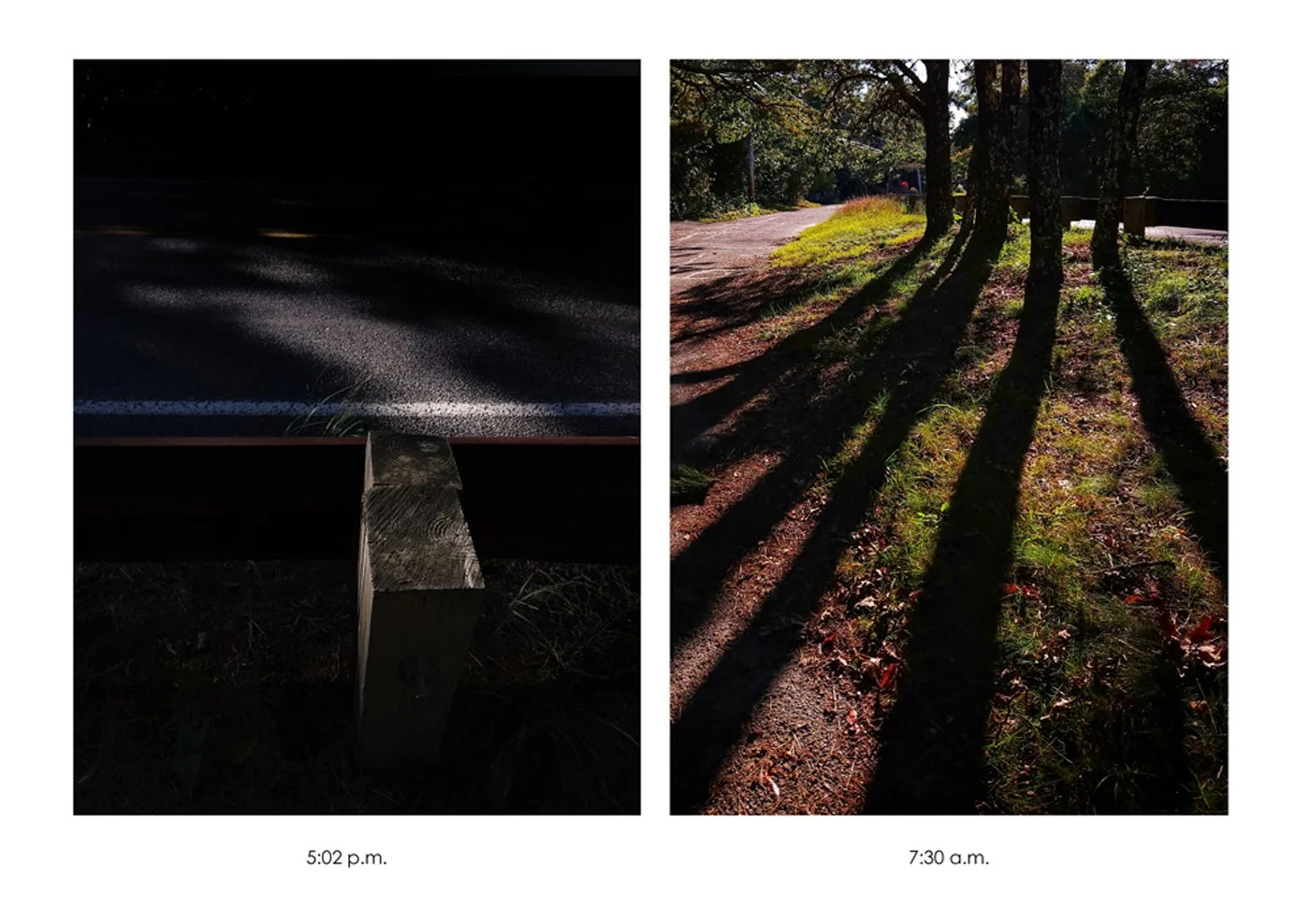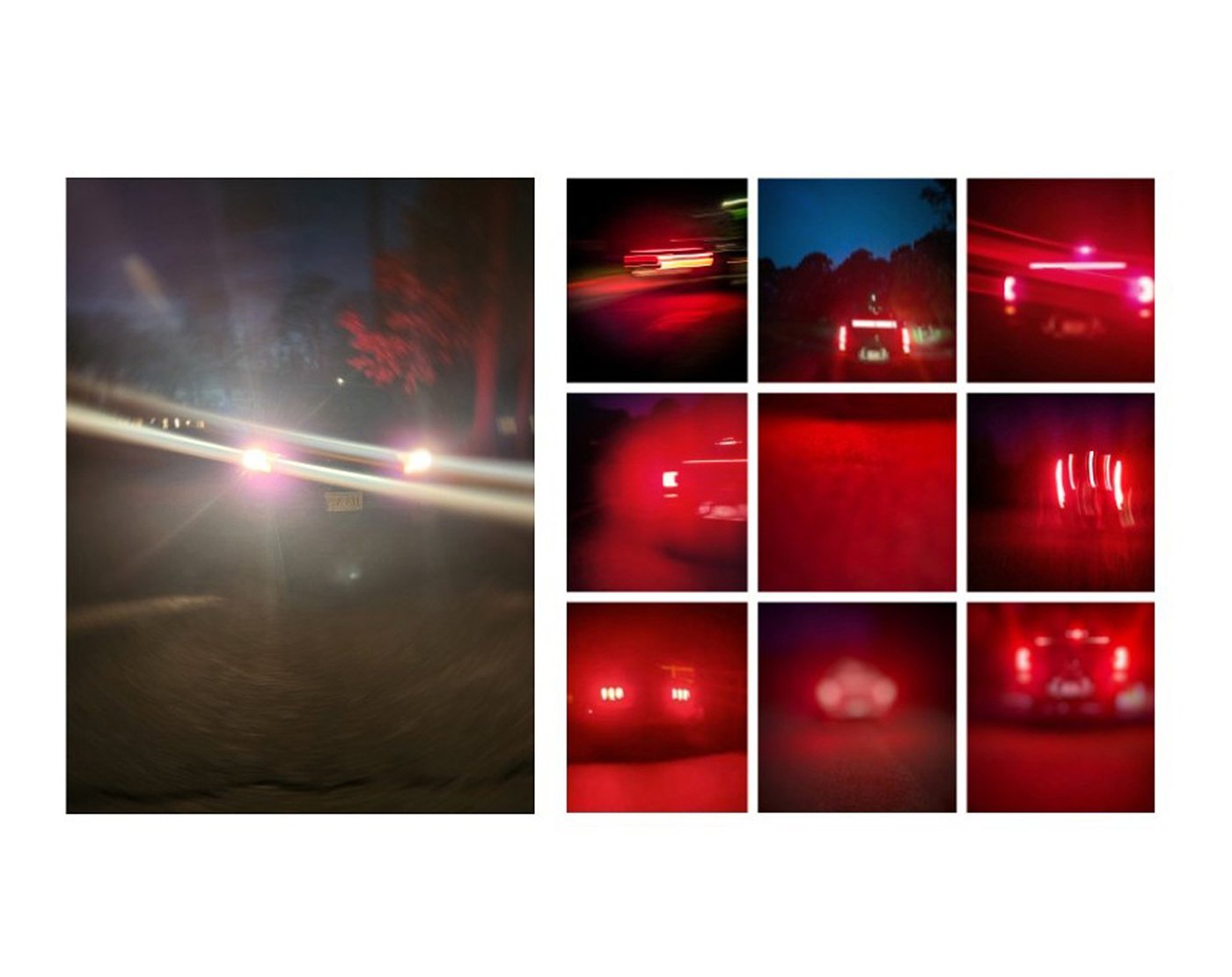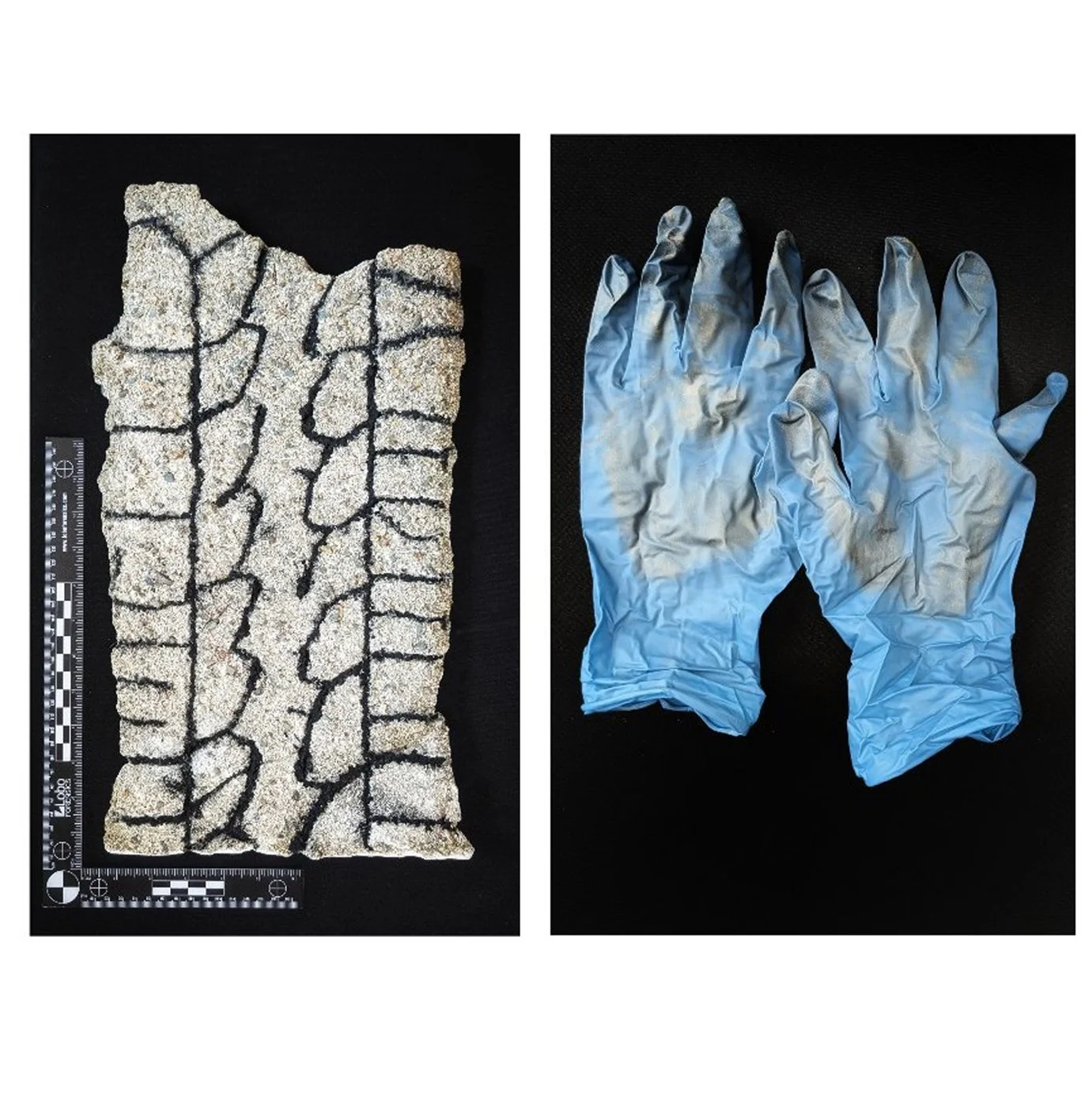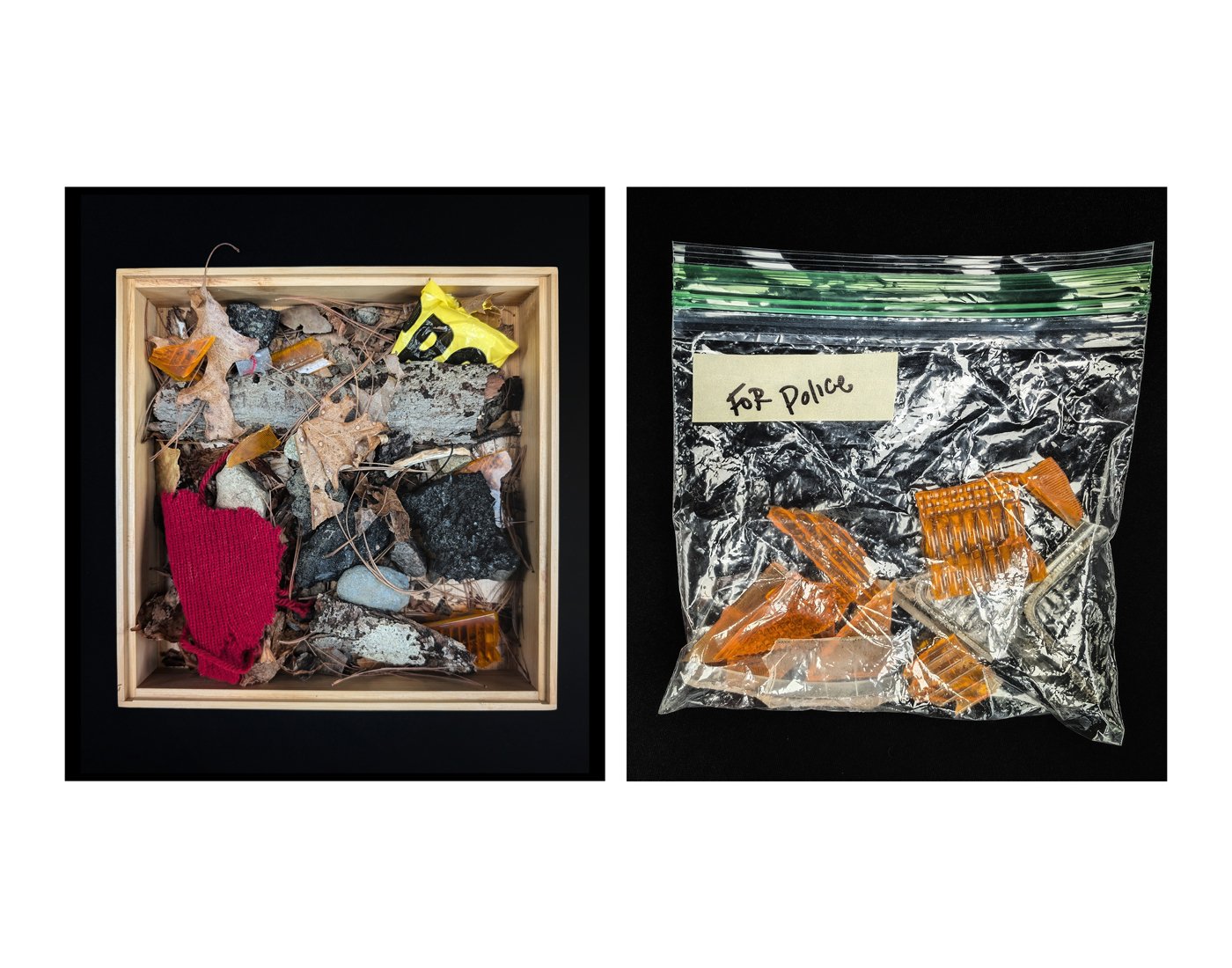Melinda Reyes
"Winslow Gray Road" and "Conversations with You”
Bridgewater, Massachusetts • melindareyesphotography.com





-
My father’s body was discovered on Winslow Gray Road on the southern coast of Cape Cod on November 30, 2021, at 7:30 a.m. It is estimated that he was struck, killed, and left to die at 5:02 p.m. the prior evening. It was 26-degrees Fahrenheit and he was just a few houses away from his own. No suspect has ever been found.
This life-changing event has altered the lens through which I view the world, shifting my perceptions of safety and justice as I attempt to make sense of what remains when a daughter loses her father in such a violent, stark way.
In the aftermath of my father’s homicide, I began a two-part body of work—Winslow Gray Road and Conversations with You—that explores the intersection of grief, evidence, and love. Over the past four years, my artistic practice has become both an act of endurance and reclamation, where creation itself restores agency to a survivor’s story.
In Winslow Gray Road, I approach the site as a daughter, investigator, and artist. I collected dirt, gravel, pine needles, a shred of his clothing, and orange fragments of a headlight shattered on impact. I gently cast the tire tracks tracing patterns to lead to the person responsible —acts of grief that blurred into forensic inquiry. Within this process, I found the need to move beyond the two-dimensional - repurposing remnants and creating sculptures that speak to the scale and the weight of the burden I have been carrying.
In the immediate wake of my father’s death, I moved between two worlds as I quietly walked between the stark site of his death and the comfort of his home. I found myself searching for him, each room exactly as he left it. I felt an intense pull to stay there, finding solace in his belongings and the lingering scents that surrounded me.
Conversations with You turns inward, photographing my father’s home as if time had paused inside it—a quiet dialogue, an exchange, between presence and absence, giving form to what was once unspeakable.
Together, these works embody my journey through healing and reveal how art can transform trauma into visual language when words are not enough. And allow a place for grief to rest. -
Archival Inkjet Prints
